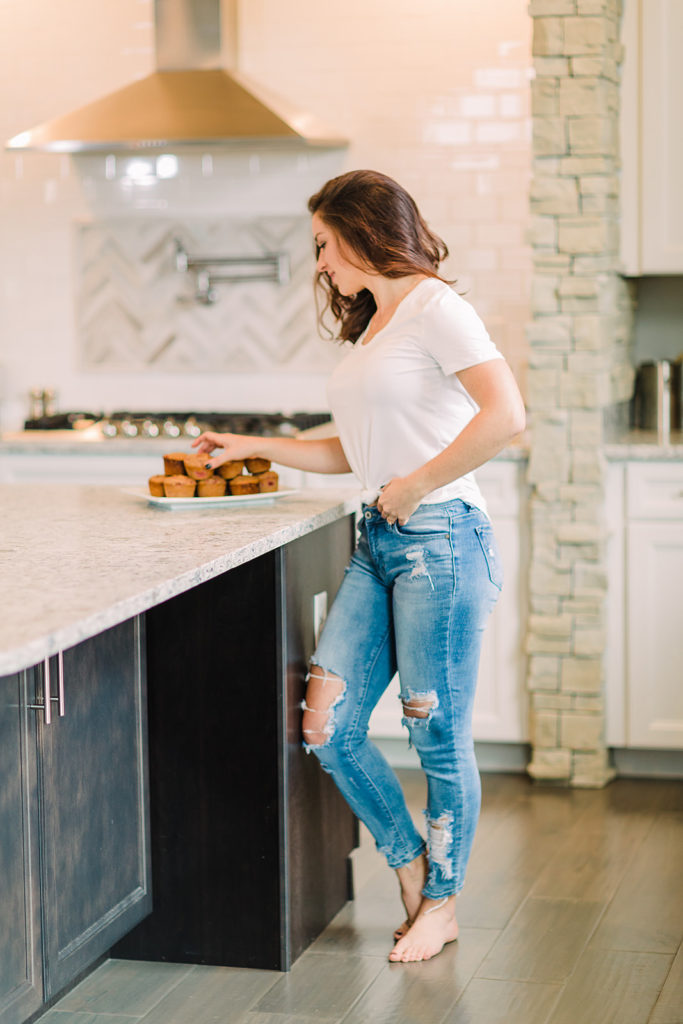When I was really little I remember learning about morality. I was probably being a brat and my mom was teaching me the difference between good and bad. I don’t know why I have such a vivid memory of this, but I remember thinking “there are good things and there are bad things and then there are some things that aren’t anything, like bananas!”
I’m not really sure how or when, but somewhere along the way I learned that food can be considered bad. Maybe it was hearing a TV personality say that they were being “bad” as they ate a cupcake or someone saying they shouldn’t have eaten a piece of pizza, implying that what they did was wrong.

I was talking with a client earlier this week and she said, “The one thing that you told me that keeps rolling around in my head is that food doesn’t have morality.” That’s sad, ya know? How did we get from being kids who thought being bad meant hitting your sibling or lying to your parents to being adults who atone for their food sins with the good deed of eating a kale salad?? I really don’t know when it happened for me, but it happens to us all slowly, unconsciously, and requires active work to re-train these automatic thoughts.
When we attach morality to food, saying I can’t have X or Y is bad, then we create an obsession around that food in our brain. If you tell a toddler to not touch something, she’ll immediately waddle over to grab it, right? It’s the same principle with our adult brains and food. If your diet includes a cheat day, you’re most likely LIVING for that cheat day and hating the food you eat for the rest of the week. This mentality around food isn’t sustainable and will eventually result in giving up on the changes you were trying to make.
Please don’t get me wrong, I’m not saying to give up on making healthy food choices; what I am saying is that it’s important to view food as just food. When we’re able to view food as just food, we remove the emotions that drive us into the pint of ice cream and prevent the rebound shame from eating the whole thing.
Listen, I get that this is way easier said than done. And that’s why it’s important to have a nutrition counselor who takes both nutrition AND counseling into account. But we’re here, we’ll walk you through it. Send us a message and let’s talk.
-Jen Lyman, RDN, LD, CLT
Comments
BE THE FIRST TO WRITE A COMMENT